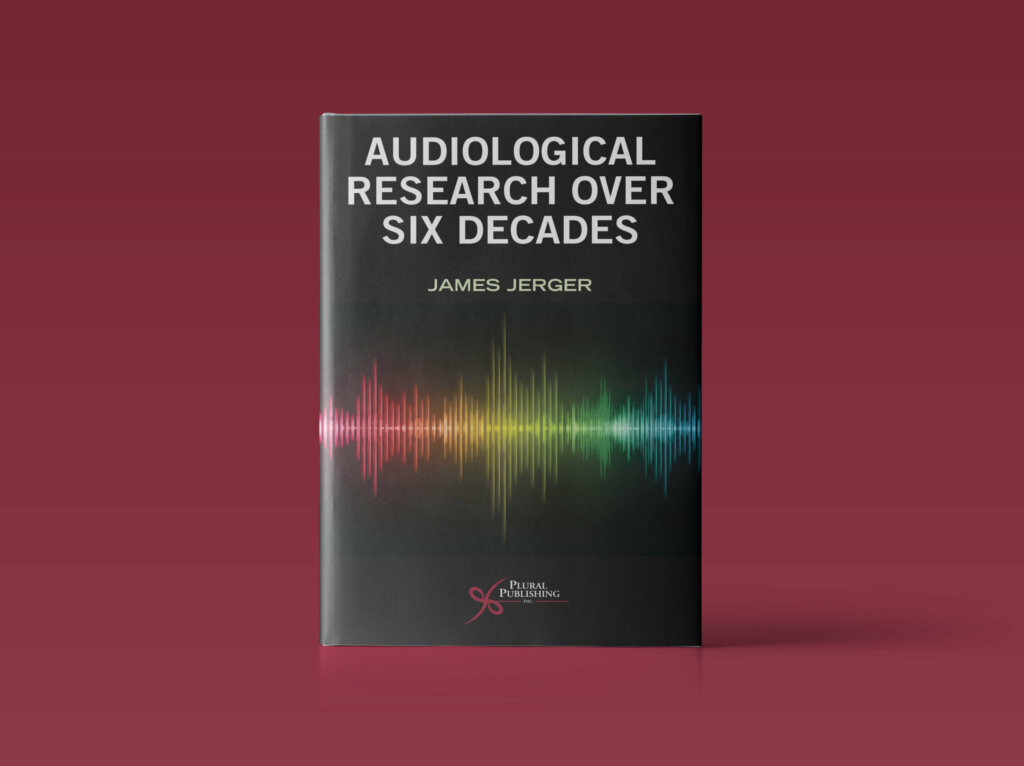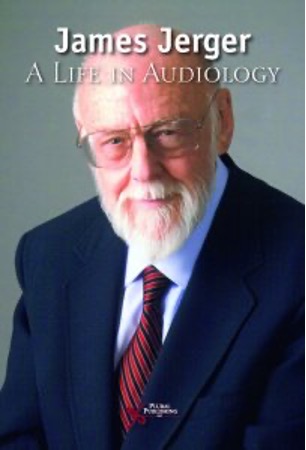Dr. James Jerger, PhD
I have had the privilege of meeting Jim Jerger on many occasions over the years; mostly at the annual conferences of the American Academy of Audiology. He recently passed away, but he will not be forgotten. Jim Jerger is the father of modern clinical audiology. His work transcended the boundary between pure research and the clinic.
Like many of us, Jim “fell” into audiology. He joined the American army at the very end of WWII and because the army was more concerned with bringing home their soldiers, Jim never even had basic training. While he was posted as a guard at an US based facility, it started to rain, and Jim sought out cover inside a building. He was reprimanded for leaving his post but nobody ever told him he wasn’t supposed to leave his post. But the army gave him many opportunities and paid for his education.
When he was a young PhD student working with a supervisor named Raymond Carhart, he and his colleagues were asked if anyone was interested in studying a new technology called acoustic impedance and tympanometry. He volunteered and … the rest is history. Much of what we know about acoustic impedance came from Jim’s early work on this topic.
Jim Jerger’s approach to the new field of audiology was a bit controversial. He believed strongly in “case studies” rather than large sample studies of many subjects. Although current research techniques are based on studies large number of subjects, sometimes interesting results can be lost in the statistical averaging of the data. Jim was able to show clearly in some cases that a certain pathological evoked response was representative of a clear site of lesion in the brain, and much of the early site of lesion knowledge we have came from single subject design studies that Jim had performed.
Jim loved clinicians, but not in a paternalistic way. He didn’t view the world of audiology as a one-way street where a researcher handed results to the clinician on a silver plater. He expected important information back from the clinical trenches. He saw Audiologists as clinical scientists and, understandably was the driving force behind the development of the Doctor of Clinical Audiology training programs in the United States.
To my mind, among his greatest contributions to our field was the simple “right ear advantage” which, among other things, provided anatomical and physiological insight to learning disabilities and central auditory processing. I remember chatting with him at a conference, and he admitted making a mistake in calling this “the right ear advantage”. If he had it do over again, he would have named this a “left ear disadvantage”.
Jim has written countless articles, given numerous talks, and an impressive number of authored and edited textbooks. He also wrote two personal memoirs of his lift as an early audiologist. Reviews of both of these books appeared in CanadianAudiologist.ca “James Jerger: A Life in Audiology” (VOL. 4 • ISSUE 2 • 2017 and “Audiological Research Over Six Decades” (Vol. 9, issue 1, 2022).
A quote of a paragraph from his 2017 book tells us who Jim was: “My principle purpose in writing this book is to influence students who may be contemplating… a career in the field of audiology that has rewarded me so richly. Along the way I hope to tell you something of my research and of the many colleagues and friends who have influenced my thoughts and my work in ways that I can never fully repay.”
The field of Audiology has been very lucky to have someone like him as one of our fathers.



